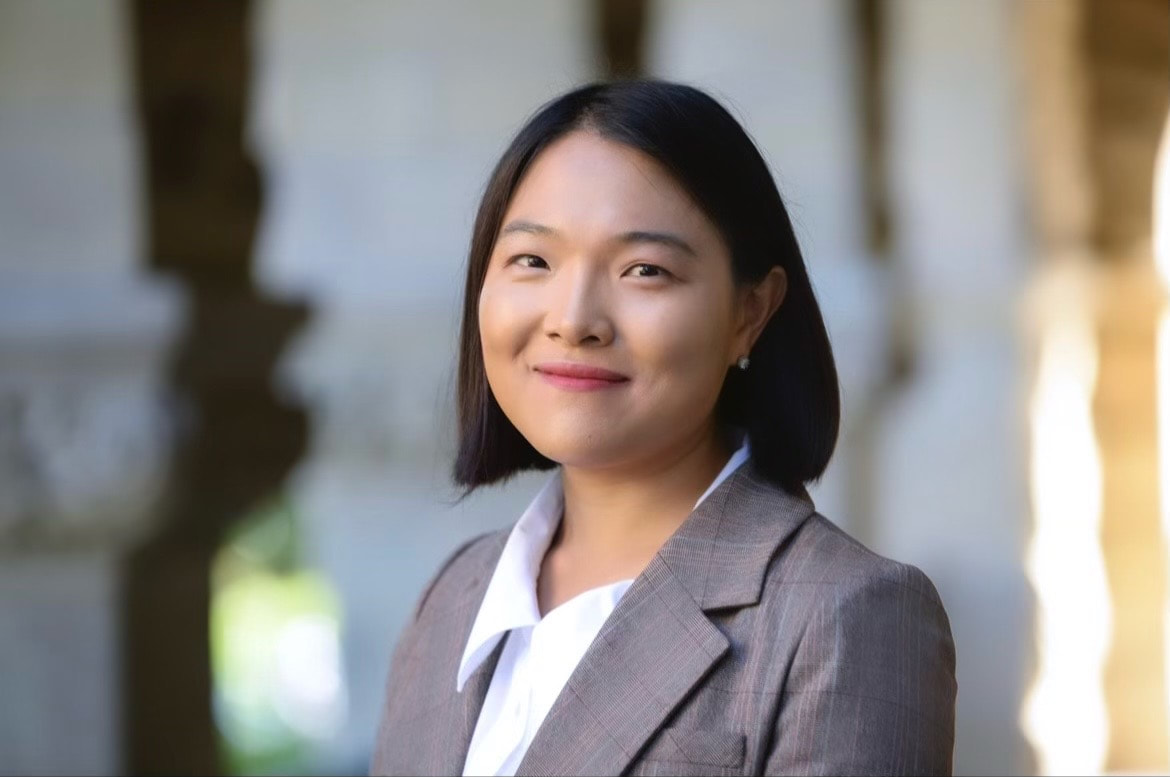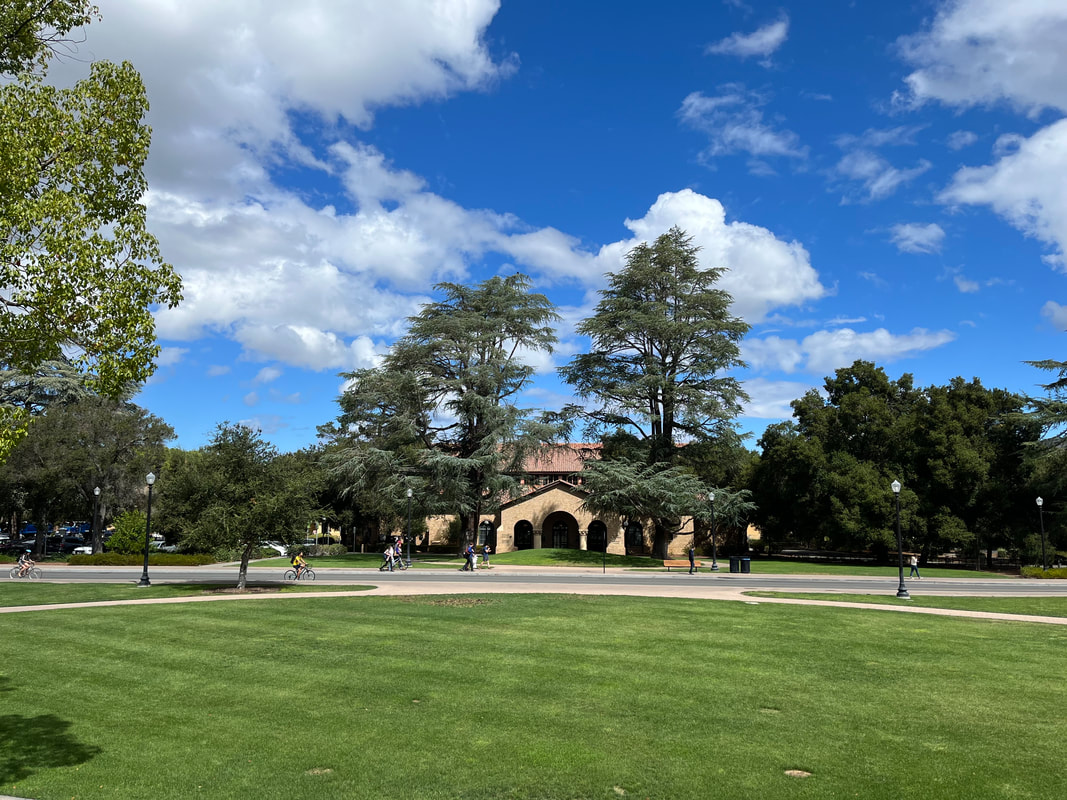|
Welcome! I am a Security & Foreign Policy postdoctoral fellow at the Global Research Institute (GRI) and a faculty affiliate of Public Policy at William & Mary (W&M). Previously, I was a 2022-2023 postdoctoral fellow at the Shorenstein Asia-Pacific Research Center (APARC) at Stanford University and a 2023-2024 faculty affiliate of the Govertment Department at W&M.
My research lies primarily in international security and cooperation, with a regional focus on the Asia-Pacific. I am particularly interested in examining the pattern of security cooperation between great powers and secondary states and drawing out the implications for regional order, stability, and the US grand strategy. I also have extensive methods training, particularly on social network analysis (SNA), which is a central part of my dissertation. My current book project explores: how East Asian secondary states are responding to the rise of China, and why they are responding the way they are. Drawing on the networked perspective on capabilities, I theorize and find that the regional countries are hedging – pursuing cooperative security ties with Beijing, as well as Washington. In this project, I shed light on joint military exercises as an important indicator of cooperation and present original mixed-methods evidence using SNA and case studies. My other work, which has appeared in International Politics, examines South Korea’s middle power diplomacy. I received my Ph.D. in Political Science and International Relations at the University of Southern California (USC), M.A. in Asian Studies at Georgetown University's School of Foreign Service (SFS), and B.A. in International Studies at Ewha Womans University. I was a 2022-2023 US-Korea NextGen Scholar, an initiative by the CSIS Korea Chair and the USC Korean Studies Institute (KSI) and a 2019-2021 US-Asia Grand Strategy predoctoral fellow at the USC KSI. I also served as a contributing author of ‘Korea-Japan relations’ in Comparative Connections published by the Pacific Forum. |


